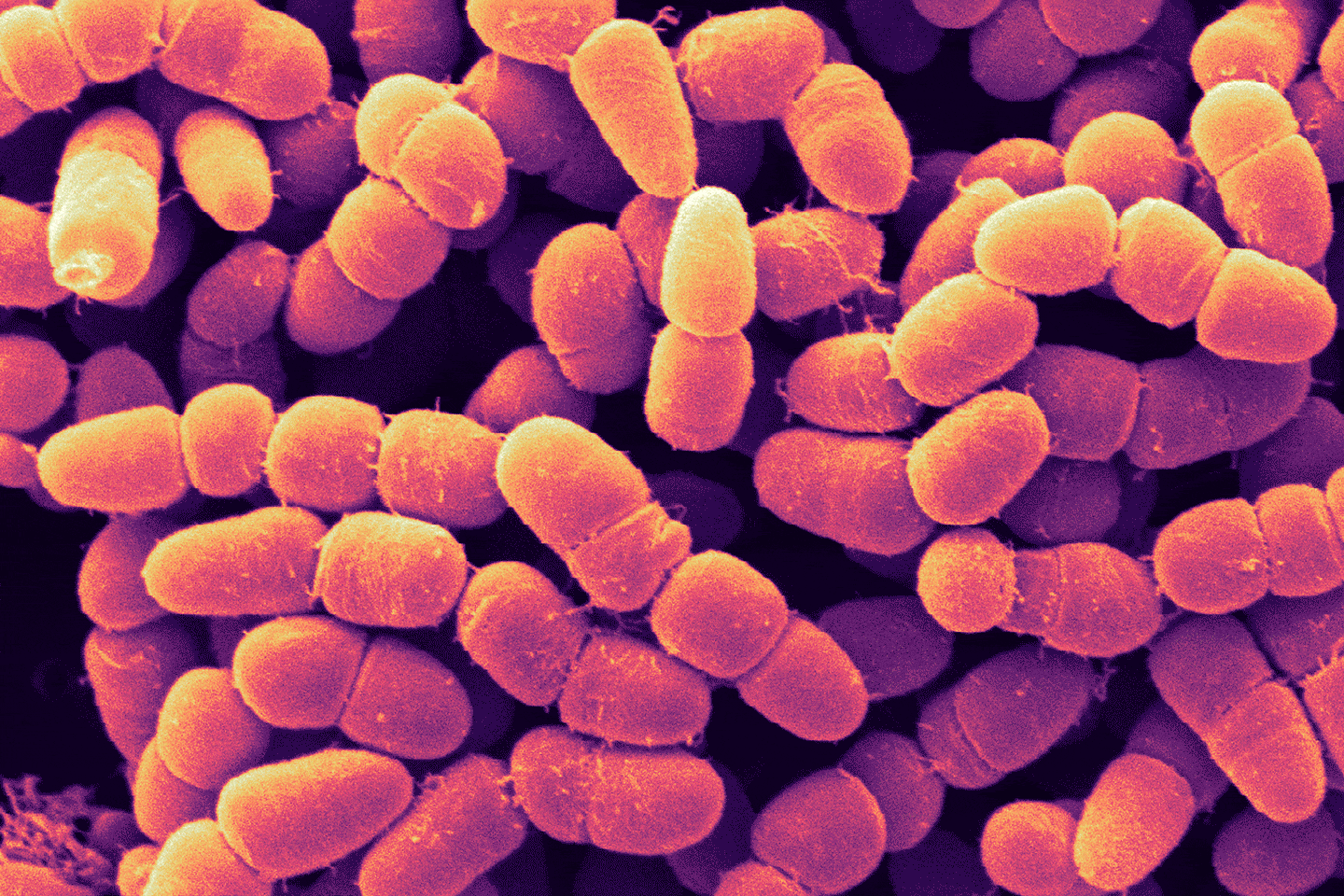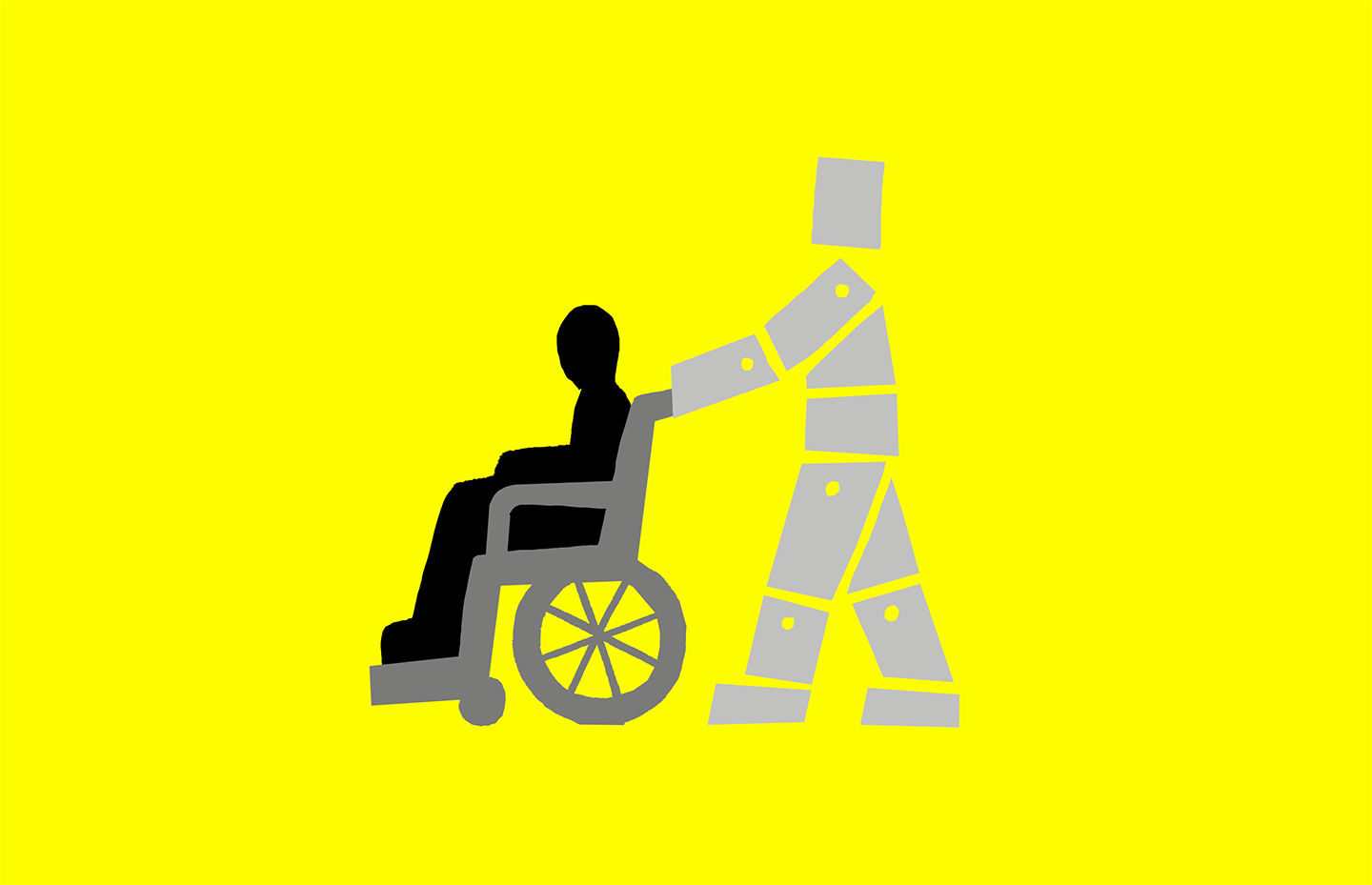BOOK REVIEW
5 Books That Grapple with the Thorny Issue of Genetics and Race
These scholars of color combine scientific inquiry and social justice.
Though scientists have been studying (and debating) the intersection of race and genetics for decades, the reignition of police brutality protests in the wake of George Floyd and Breonna Taylor’s murders has sparked new interest in old research. Is race genetic? What’s the biological difference between ancestry, ethnicity, and race? What is race-based medicine? What is intergenerational trauma?
These aren’t new topics. Whether it’s phrenology or eugenics, there is a long and deeply disturbing history of racism in the field of genetics.
Those same inequalities on the patient level—poorer health outcomes, reduced access to care, racial bias in medical data, etc.—persist on the lab level, too. Less than a tenth of STEM workers are Black, and they only make up 3% of physical sciences doctorates. Many put these dismal figures down to discrimination in both the college and job application processes, as well as fewer financial resources. For those who do manage to snag decent research jobs, they are met with prejudice in the field, which just starts the cycle all over again.
We wanted to know what the leading scholars of color had to say on the topic, so we decided to put together a short reading list that helps us all better understand the intersection of race, biology, and genetics. Please tweet us more suggestions here!
In order to not let the Bunsen burner’s flame go out, the science community needs to continue to care about—and fund—this research long after the media scrum has died down.
Book club, anyone?
The Fatal Invention: How Science, Politics, and Big Business Re-create Race in the Twenty-first Century by Dorothy Roberts
Roberts is a professor of law and sociology at Penn who is a widely read author on the subjects of social justice and the law. In this book, she documents the “invention of race” and warns against classifying race as a biological category. She has also been a big voice in tearing down notions of race-based medicine; here’s her groundbreaking TED talk on it. Her earlier book, Killing the Black Body, specifically focuses on Black maternal mortality and reproductive rights, which have unfortunately gotten worse, not better, since she wrote it 20 years ago.
People’s Science: Bodies and Rights on the Stem Cell Frontier by Ruha Benjamin
Benjamin is an associate professor in the Department of African American Studies at Princeton and the founder of the Ida B. Wells Just Data Lab. In this book, she puts stem cell research under the microscope to inquire whether it will eradicate or further engrain systemic inequalities. She’s more recently the author of Race After Technology: Abolitionist Tools for the New Jim Code, for which she won the Oliver Cromwell Cox Book Award for anti-racist scholarship.
Social By Nature: The Promise and Peril of Sociogenomics by Catherine Bliss
Bliss is an associate professor of sociology at Rutgers University who explores the sociology of race, gender, and sexuality in science, medicine, and society. This book explains how both social and genetic factors affect our life outcomes—an interdisciplinary field called sociogenomics—along with the troubling, eugenics-like underpinnings of such ideas. It’s a fresh and insightful look at how the nature vs. nurture debate plays out from a social justice lens. (Her previous book was Race Decoded: The Genomic Fight for Social Justice, if you want even more Bliss.)
My Grandmother’s Hands: Racialized Trauma and the Pathway to Mending Our Hearts and Bodies by Resmaa Menakem
Menakem is a behavioral health expert who has been a trauma counselor for a diverse group of organizations from Minneapolis Public Schools to the U.S. Armed Forces. This popular and very readable book uses the story of his grandmother as the vehicle to explore the notion of intergenerational trauma and “body supremacy” from the cellular level. A surge of new readers found Menakem’s work in the wake of the most recent Black Lives Matter protests, leading to interviews like this one with Krista Tippett on the popular On Being podcast.
Post-Traumatic Slave Syndrome: America’s Legacy of Enduring Injury and Healing by Joy Degruy
Degruy is a social worker and mental health researcher who focuses on the intersection of racism and trauma. This seminal book is the culmination of more than 10 years of her research in this space, which explores how African-American families have continued to pass down trauma in a post-Jim Crow world.


















